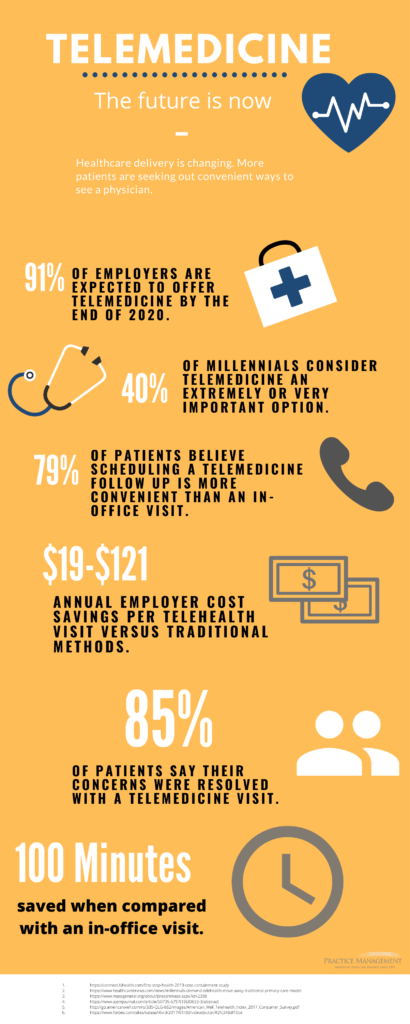75% of healthcare providers state that the patient experience is critical to the organization’s success. Just like in all businesses, customer experience is becoming vital. Focus on patient experience and they will keep coming back.
75% of healthcare providers state that the patient experience is critical to the organization’s success. Just like in all businesses, customer experience is becoming vital. Focus on patient experience and they will keep coming back.
75% of healthcare providers state that the patient experience is critical to the organization’s success. Just like in all businesses, customer experience is becoming vital. Focus on patient experience and they will keep coming back.
And who doesn’t want more time to focus on their core tasks? Outsourcing can free up the necessary time to finally concentrate on the most important projects and tasks in your health center.
From the cost of buying paper to storage to even security concerns, kicking the paper habit can save your office time and money. Investigate ways to go digital and learn how to operate with less paper. Long term your bottom line will be happy with the decision.
It’s no secret, telemedicine is now part of our healthcare landscape. With its convenience and cost savings, telemedicine is not going anywhere, anytime soon. But are you aware of the total impact of this cutting-edge technology? The following statistics should convince you that the influence of virtual visits has completely changed how healthcare can be delivered.

We can help you avoid the many revenue pitfalls that can negatively impact your health center’s bottom line. Contact us today to learn more
It has been a long 2020 for everyone but especially taxing on medical professionals. Since the COVID-19 pandemic began earlier this year, doctors, nurses, and other first responders have been called into action to help society combat this dangerous virus. But while providing outstanding care of others, healthcare workers themselves place their own health aside. Here are four ways to deal with fatigue and stress from being overworked and stressed.
This is an important first step. Even though you may comprehend that you are overworked, tired, and possibly even suffering from burn out, it can be difficult to let others know you need to take a breath and recharge. Family and friends are always more than happy to help, so don’t be afraid to ask them for assistance. It can make a huge impact on your mental well-being.
Negative people can be draining, and when you are already close to exhaustion, they can make improving your mental outlook nearly impossible. When you are not working, partake in positive conversations with friends and family. That leads to the next point. Even though being informed is a good thing, too much information is not. Attempt to throttle down the amount of news you are reading each day. Instead, read a book or peruse an upbeat blog. Avoiding negativity will shift your mood.
Yes, time is precious, especially when you are called upon to provide life-saving work. But organizing your schedule to include exercise is paramount. Even if it’s just a short 30-minute walk around your neighborhood, going outside and getting your body moving can do wonders for your health. Mentally and physically.
It’s tempting to reach for a second, third, or even fourth cup of coffee to keep you moving, but caffeine will put you on an energy roller coaster. At first, you will feel a boost but over time it wears off and you will feel fatigued. Additionally, caffeine increases anxiety, the last thing you want on the rise during times like these. Try to limit your caffeine intake and instead opt for healthy snacks and increase your water intake. You’ll notice a more steady, sustainable energy level throughout your day.
Stress has been high this year but if you take a moment to destress and follow a few simple tips, you can learn to deal with difficulty and remain healthy and balanced.
If you still have staff working from home, make sure they are taking time to go outside, get some fresh air and sunlight. It can make a huge difference in morale and overall well-being.
It’s important that we all have healthy working environments, both in the physical sense as well as the mental sense, but when it comes to the high-stress environment of health workers, keeping their work environment healthy can be crucial. Not to say it isn’t crucial in all workplaces, but when your job is to handle other patients and make sure they’re living their best life, and if you are constantly ill or have reached your burnout point, then you’re endangering more than just yourself.
Healthcare workers deserve a healthy environment just like any other worker — and really these suggestions can be applied to any service-providing job. Good luck, and stay safe!
This upcoming shortage can be attributed to older patients and retiring doctors according to the AAMC. A vital profession that hopefully sees an uptick in interest from young people.
Faster payments and optimized revenue for your health center. That’s what we will begin implementing on day one. Want to learn more? Contact us today!